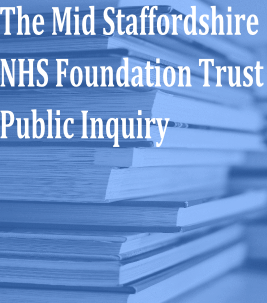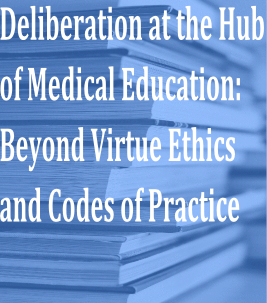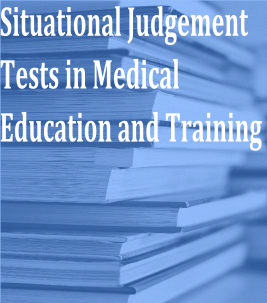
The dominant normative theories in medical ethics are deontological theories (e.g. Kantian ethics) and consequentialist theories (e.g. Benthamite utilitarianism). Deontological theories emphasise the place of fundamental principles or rules which act as means of guiding behaviour and which form the basis of assessing whether an action is ‘right’.

A weakness of this approach is the impossibility of creating codes of conduct which are sufficiently detailed to cover every eventuality. In consequentialist theories, the rightness of an action is determined by its outcome, which, in terms of Bentham’s utilitarianism, is concerned with assessing ‘the greatest good for the greatest number’. Among its limitations are the practical difficulties of how utility is measured and the risk that it supports ‘a tyranny of the majority’, perhaps leading to undue victimisation of individuals.
In this unit, you will learn how virtue ethics, a credible alternative to these theories, can be applied to ethical medical practice. In doing so, you will explore some of the recent scandals connected to the medical profession, and consider the implications for being or becoming a virtuous doctor. You will also be presented with some ethical dilemmas that you might face when practising medicine, and be asked to think about how you might respond.
Watch this video where Dr. Sabena Jameel gives an introduction to the unit and explains some of the activities within it.


Review the 24 personal character strengths as listed in the VIA Survey of Character Strengths and download and complete the worksheet. Select the character strengths which you feel are most important for the different professions listed.

Research the events of the mid-Staffordshire Hospital scandal of the late 2000s, and answer the following questions:
1. How far were the problems and issues which occurred a result of a lack of virtue?
2. What sort of measures can be taken and what are the key points to learn from this scandal to ensure that it is not repeated? 
Share your thoughts with fellow learners on the discussion board.

The Mid Staffordshire NHS Foundation Trust Public Inquiry (Chaired by Robert Francis QC) – Between 2005 and 2008 conditions of appalling care were able to flourish in the main hospital serving the people of Stafford and its surrounding area; an estimated 400 and 1,200 patients died as a result of poor care over a period of 50 months. This report was ordered by the House of Commons to be printed on 6 February 2013. | Y. M. Barilan and M. Brusa- Although both codes of practice and virtue ethics are integral to the ethos and history of “medical professionalism”, the two trends appear mutually incompatible. We argue that medical education should focus on the ubiquitous practice of deliberation in contemporary medicine, and especially the practice of moral deliberation. | F. Patterson et al – Why use SJTs? Traditionally, selection into medical education professions has focused primarily upon academic ability alone. However, evidence, coupled with an increasing focus on individuals working in healthcare roles displaying the core values of compassionate care, benevolence and respect, illustrates that individuals should be selected on attributes other than academic ability alone. | K Schulz et al – Surgical Training and Education in Promoting Professionalism (STEPP) was developed in 2011 to train tomorrow’s leaders during residency. It is based on virtue ethics and takes an approach similar to West Point military academy. The research found that a virtue-based approach is valued by residents as a part of leadership training during residency. |









